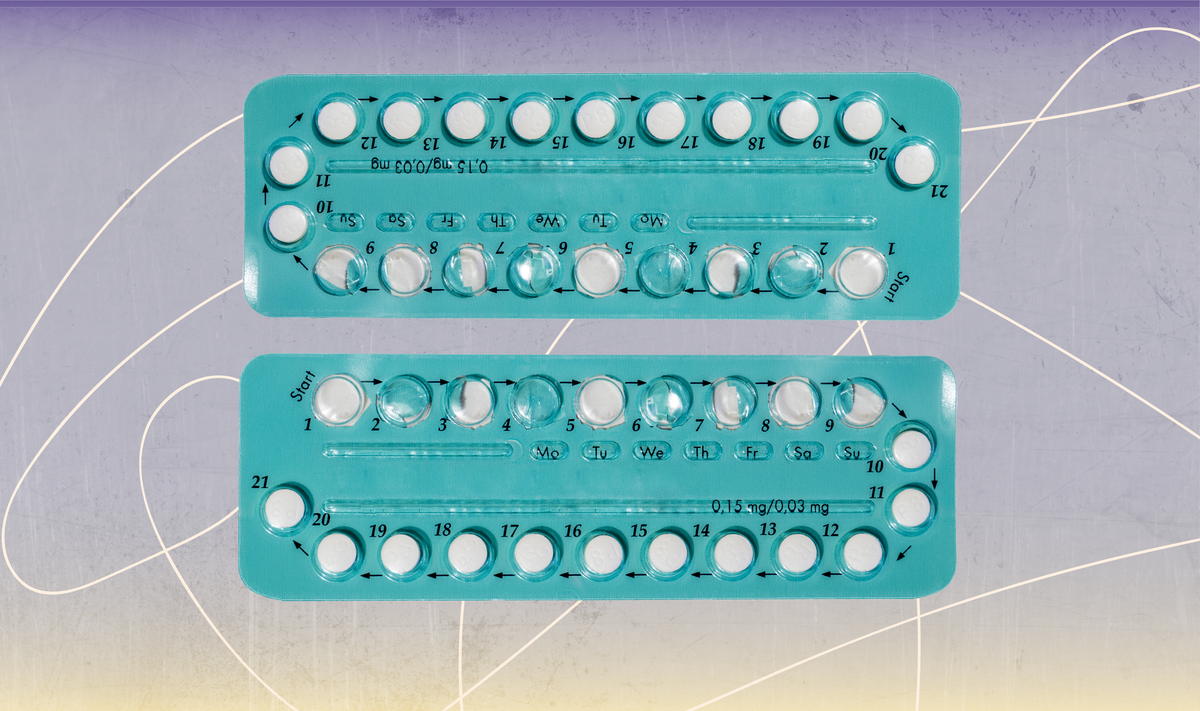FDA approval of generic mifepristone revives false claims that the medication is unsafe
Other posts discussed dwindling access to reproductive health care services.

Other posts discussed dwindling access to reproductive health care services.
Online conversation about the abortion pill mifepristone continued after the Food and Drug Administration quietly approved a generic version at the end of September, expanding access to the medication. In response, social media users falsely claimed that mifepristone is unsafe. Plus, several recent articles and social media posts highlighted how Medicaid cuts are impacting access to reproductive health care services.
In light of these discussions, communicators may continue circulating information about medication abortion—including its safety—and share local, low-cost reproductive health care options.

Insights brought to you by the reporters and science writers of Public Good News (PGN), a nonprofit newsroom dedicated to improving community health.
What’s trending nationally in conversations about reproductive health:
On September 30, the Food and Drug Administration approved a generic version of the abortion pill mifepristone, which has been available as the brand-name version, Mifeprex, since 2000 and as another generic version since 2019. This move will expand access to the medication by increasing the number of manufacturers and potentially lowering its cost. The approval came shortly after Health and Human Services Secretary Robert F. Kennedy Jr. said the FDA would review mifepristone’s safety. On social media, abortion opponents spoke out against the approval, and several popular posts falsely claimed that mifepristone is unsafe. On October 2, an X user called mifepristone “dangerous,” garnering hundreds of thousands of views and approximately 350 comments as of October 7. Many commenters suggested that medication abortion should be banned, with some falsely claiming that mifepristone carries a high risk of death. One commenter correctly stated, “Medication abortions are extremely safe.” While it was among few comments defending abortion pills, it was among the top comments, garnering approximately 70 likes.
Over the past week, several media outlets highlighted how Medicaid cuts are limiting access to services like reproductive cancer screenings, contraception, testing and treatment for sexually transmitted infections, and prenatal care across the country. In response to articles about how Planned Parenthood Arizona has suspended services for Medicaid patients due to budget cuts, some social media users argued that Planned Parenthood offers services that most people can get from a primary care physician. Others noted that not everyone has a primary care physician and that many people live in contraception and maternity care deserts, where it’s hard to access reproductive health care.

Recommendations brought to you by the health communication experts behind Infodemiology.com.
Recommendations for public health professionals
Each week, the Infodemiology.com team will provide messaging recommendations in response to some of the trending narratives outlined above. These helpful tips can be used when creating content, updating web and FAQ pages, and developing strategy for messaging about reproductive health.
In response to ongoing questioning of mifepristone’s safety, messaging may explain the medication abortion accounts for nearly two-thirds of abortions in the U.S. and that the risk of major complications is less than 1 percent. Sharing information about Plan C, which offers information about accessing abortion pills in every state, is recommended.
Given ongoing concern about the impact of Planned Parenthood closures and changing Medicaid coverage, communicators may continue sharing information about local health centers that offer low-cost cancer screenings, birth control, STI testing and treatment, prenatal care, and other forms of reproductive health care. Messaging may also include information about at-home STI testing and services that offer birth control, emergency contraception, and abortion pills through the mail.
